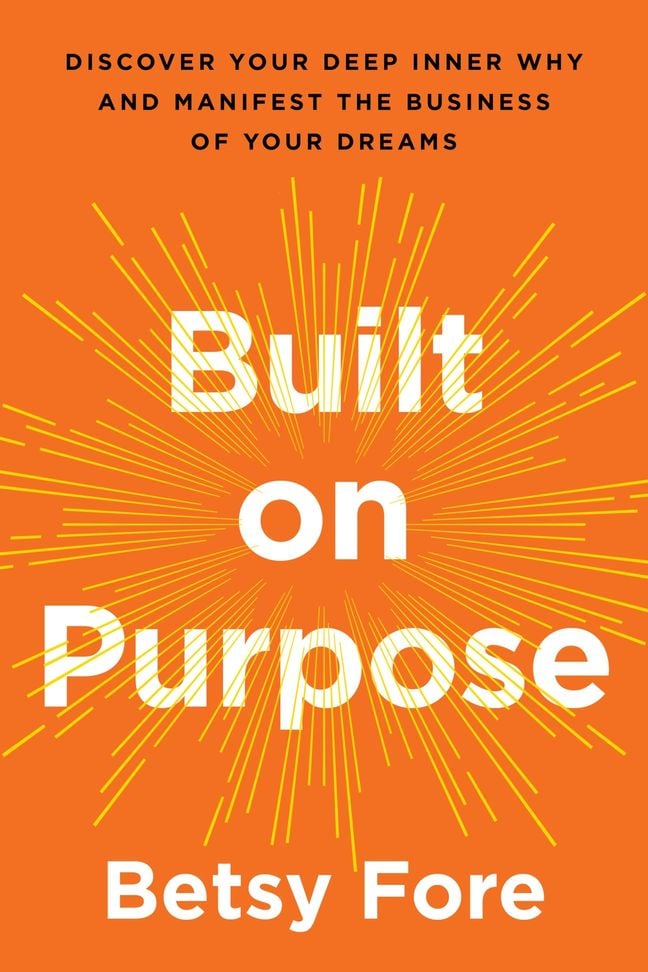Jonathan Alloy is a seasoned financial services professional with years of experience in the sector. He formerly served as Vice President of Design Thinking at Credit Suisse, where he was responsible for driving innovation and fostering a culture of human-centered design across the organization. Today, he is Vice President for Customer Experience and Innovation Consulting at Publicis Sapient.
Last fall, Jonathan Alloy and Steven Ramirez, CEO of Beyond the Arc, sat down to discuss the current state of digital banking. Here are some highlights from their conversation.
When it comes to partnerships, how does a fintech work with a bank to get a solution in front of customers?
Jonathan Alloy: Fintechs, or any new entrant into the banking industry, really need to understand that banks have two separate departments at the highest level. There’s a group that likes risk– that’s the front office, the people who take deposits, make loans, and trade securities– they thrive on correctly evaluating risk.
The back office, by contrast, thrives on minimizing risk. They’re looking for reasons to say no to protect the bank’s integrity, its reputation, its cybersecurity, and its trust with customers. They’re going to say no to things, even if they’re innovative, because it violates a policy that they’re incentivized by the bank to uphold. Maybe [the solution being offered] is only available in the cloud and the bank only allows things that are on-prem. That’s a very common example. So when you’re developing a solution, you have to understand the risk profile of who in the bank has the authority to say yes.
What is it about digital banking that excites you?
Alloy: I think the biggest opportunity right now in some ways remains where it was 20 years ago. [This opportunity] is increasingly being where the customer is. This enables us to deliver financial services when, where, and how they want to consume, not just how we want to provide it. And that’s an important distinction.
Whether [you deliver] through mobile payments, through white labeling, whatever the case may be– it’s a matter of getting out in front of the traditional banking silos, breaking down the walls we have internally, and getting it out in the world to understand it from [the customer’s] point of view.
When we look at the world through the eyes of how customers want to make purchases, payments, take out loans, and invest for retirement, we’re going to learn things that we don’t get if we stay in our silos.
Any tips for banks that want to think like a customer?
Alloy: The number one best thing I could encourage everybody to do is go shopping yourself. So you’re CEOs, your CXOs, your executive team, your management team, your middle managers, your front line employees– everybody should be required to go out, and from another bank that’s not you, as well as you, sign up for a new checking account, get a debit card and a credit card, take out a loan, buy a car– whatever your personal financial needs are. Think about, “was this experience enjoyable or tolerable?” In most cases, what we find, is that for most people, banking is barely tolerable. So when somebody comes along with an innovative new idea or a new approach that makes it just that much more better, they’re going to win great[er] share.
Hear more from Jonathan Alloy in the full conversation.
Photo by Andrew Neel







































